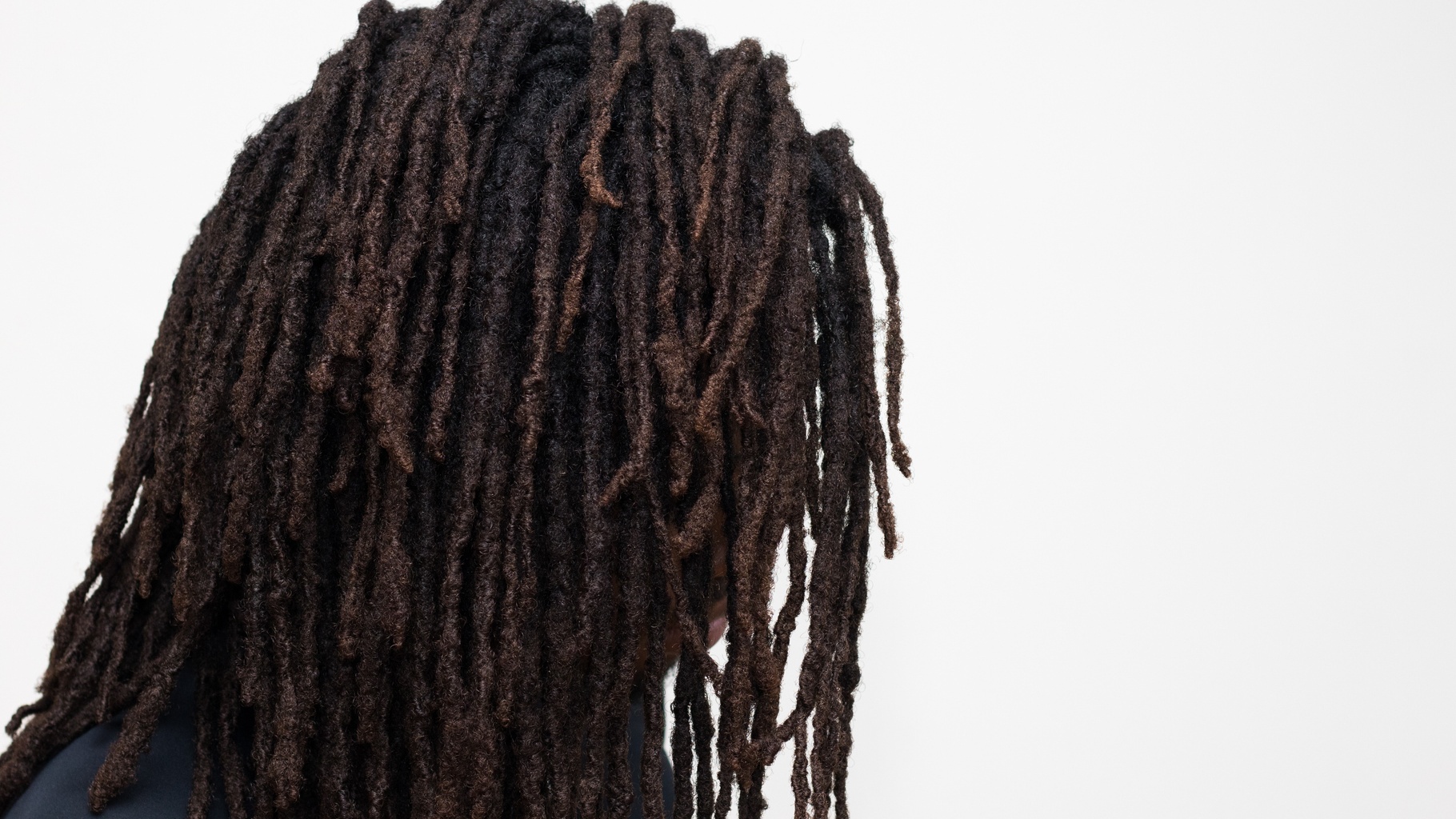A school district near Houston has decided against changing a controversial grooming policy that led to widespread outrage earlier this year, according to NPR.
The school board for the Barbers Hill Independent School District voted unanimously to keep the policy in place on Monday, with an attorney for the district arguing that locs are allowed but only at certain lengths.
“They want the standards without having to meet the standards. They want to be treated differently. They’re saying, ‘We want the academic excellence, we want the excellence of Barbers Hill. But we don’t want to comply with what it takes to achieve that,'” attorney Hans Graff said during the hearing according to Houston Public Media.
Graff was referencing De’Andre Arnold and his cousin Kaden Bradford, who were both suspended earlier this year for their locs, which they say are kept in honor of their Trinidadian heritage. Both teens kept their locs neat, but the school board passed more-stringent rules that said even when tied back, the hair could only be a certain length. Arnold was told he had to cut his locs off or he would be barred from both prom and graduation.
Their cases gained national notoriety because a month after the situation with Barbers Hill began, Arnold was brought to the Oscars as a guest of Matthew A. Cherry, the director of award-winning short film Hair Love.
"I'm so grateful. I never expected any of this. The message of that movie and my message go together so well. I think it's really amazing how they reached out to me and how we can fight this together," Arnold told Refinery29.
He also appeared on The Ellen DeGeneres Show to talk about hair discrimination.
Despite the attention, the school district has refused to back down on the policy, with Graff claiming the policy is not racist because Black students are not punished more than others for hair violations.
Both Bradford and Arnold attended Barbers Hill for years but transferred after the controversy. Their families have filed a lawsuit against the district in federal court and are getting help from the ACLU.
“By refusing to understand the cultural implications that Black hair stands for and in not valuing De’Andre and Kaden for their unique heritage and identities, the current hair policy and its enforcement say to De’Andre, Kaden and other students like them that they are not welcome here,” said Christina Beeler, a staff attorney with the Juvenile and Children's Advocacy Project at the University of Houston Law Center, during the hearing on Monday.
ACLU lawyers worked with Beeler to argue on the two teens' behalf during the meeting on Monday, but school board members were not moved. The lawyers told NPR that the school board's insistence on the rule amounted to an admission that "the only way to be excellent is to fit that white majority stereotype. [The students'] heritage, too, is excellent, just as the majority culture in the district itself."
“The length restriction, whether unintentionally or intentionally, is racist. It doesn’t allow him to keep his culturally significant hair. The cultural significance is that they should not be cut, similar to many Native American cultures," Beeler said.
Multiple states including California and Virginia have passed laws banning hair discrimination, which is overwhelmingly targeted at Black people, particularly Black women.
The Barbers Hill Student Handbook states all student hair must be "below the top of a t-shirt collar, below the eyebrows, or below the ear lobes," according to NPR.
"Especially in this moment, coming so soon after George Floyd's death, and the largest protests in our nation's history, so many different institutions right now are examining systemic racism and implicit bias, and looking within themselves. This was an opportunity for the school board to revise and change its policies so that it could be inclusive and affirming of all students, regardless of sex and race," said Brian Klosterboer, an attorney with the ACLU of Texas who represents Bradford.
The Texas Legislature is now considering its own hair discrimination ban for the next legislative session.
In their lawsuit, the family said the rules put an unfair burden on Black students to choose between their heritage and their future.
"These grooming policies ultimately present Black students with an unfair choice: either wear their hair in natural formations and be deprived of adequate educational resources or conform their hair to predominant Eurocentric hair aesthetics to receive the same educational opportunities as their white peers," the complaint said.
The complaint added that the two teens "were faced with the impossible choice of either suppressing their cultural heritage and Black identity by cutting their natural hair or forfeiting their right to equal educational and extracurricular opportunities."
U.S. District Judge George Hanks shot down a temporary restraining order that would've allowed Arnold to attend his graduation this year, according to OkayPlayer.
There is now a countrywide effort to ban all hair discrimination being led by the CROWN Coalition, which stands for Creating a Respectful and Open World for Natural Hair. Several states are now introducing localized versions of the CROWN Act.

